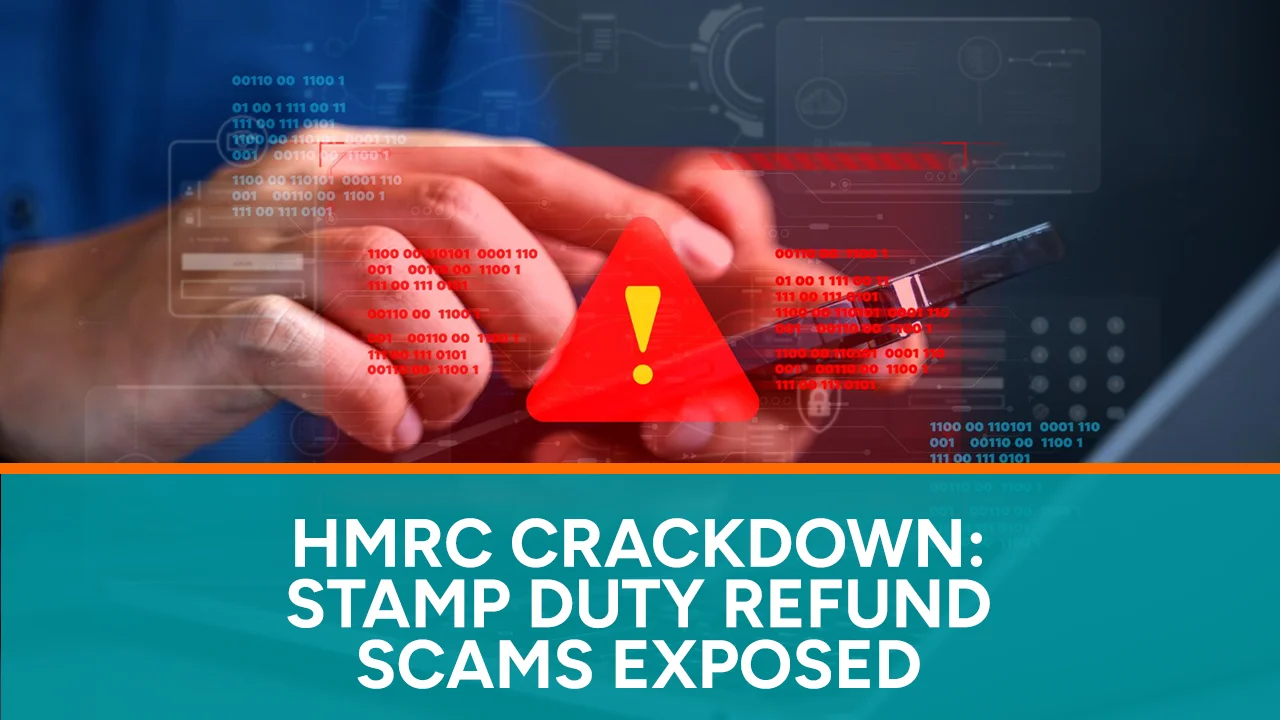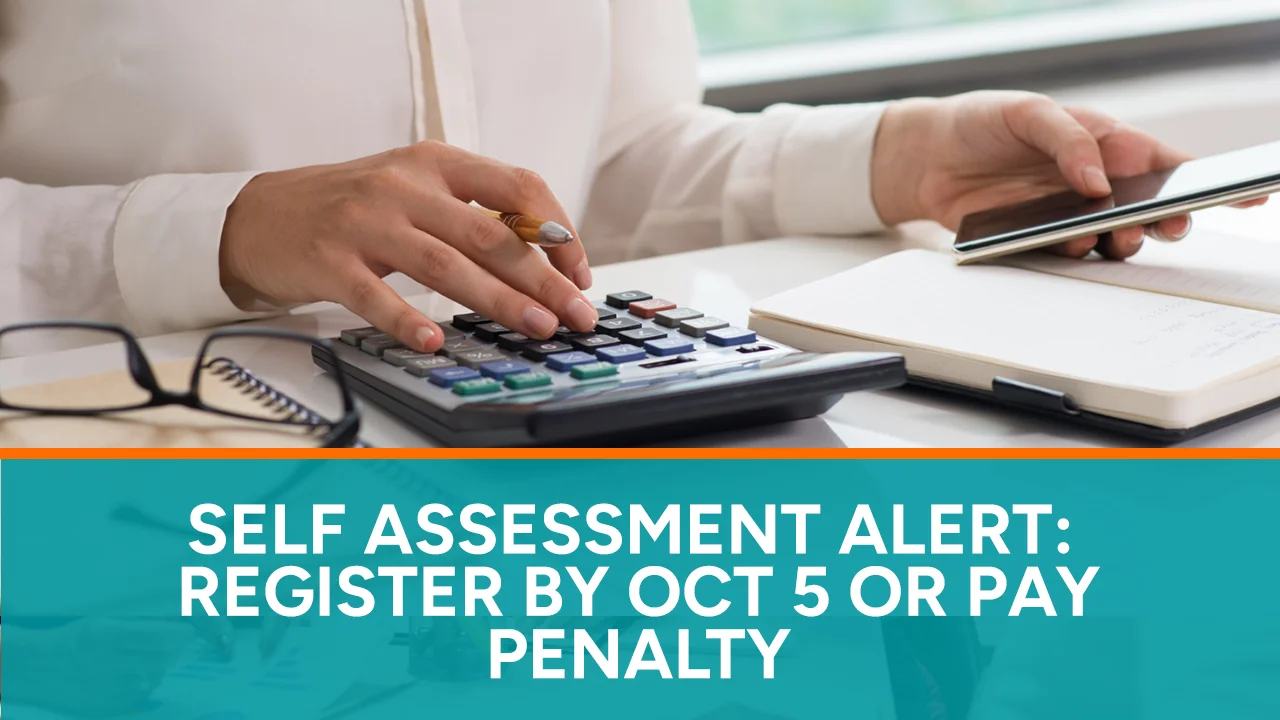In recent years, many homebuyers in the UK have been lured by offers to reclaim part of their Stamp Duty Land Tax (SDLT) payments. These refund schemes promise quick results with little risk. However, many of them are actually scams that are now being investigated by HMRC.
At Clarkwell & Co. in London, we have noticed a rise in clients misled by dishonest agents. These agents use official-looking letters, misleading emails, and cold calls to trick homeowners into believing they overpaid SDLT. With our expertise in tax investigations and property tax compliance, we have helped clients avoid penalties and financial losses from false claims.
These scams are particularly harmful because they seem legitimate. The legal and financial fallout can be severe. By the time the truth is revealed, many homeowners find themselves owing thousands to HMRC, plus interest and penalties.
Why HMRC Is Cracking Down on SDLT Refund Fraud
The recent HMRC Stamp Duty crackdown is not just a one-time warning. It is a national effort to address the rising number of false tax refund claims related to SDLT. Some dishonest tax agents have taken advantage of unclear laws, convincing buyers that properties needing cosmetic repairs are “uninhabitable” and thus qualify for tax exemptions.
A major change occurred with the Court of Appeal’s ruling in the Mudan case. The court decided that a home must be structurally unsound or unsafe to be considered non-residential. This means that issues like plastering, broken boilers, outdated wiring, or old kitchens do not count.
This ruling has exposed dishonest agents pretending to give legitimate financial advice. HMRC is now using its powers to investigate these agents and recover any invalid refunds. For taxpayers, this often means they must repay the full amount, even if they did not submit the claim themselves.
The ‘Uninhabitable Property Tax’ Myth – Busted
Scammers often take advantage of confusion about what makes a home “uninhabitable.” A peeling ceiling or an old bathroom does not mean a property cannot be lived in, no matter what some agents claim.
According to HMRC guidelines, a property is only considered non-residential if it has lost key features of a home. This includes missing roofs, unsafe structures, or no plumbing or electricity. Minor issues like chipped paint, worn carpets, or a lack of heating do not make a home uninhabitable.
Still, scammers promote tax refund schemes for uninhabitable properties to unsuspecting buyers. If an offer seems too good to be true, it probably is. Always trust official sources like HMRC SDLT guidance and seek regulated tax advice before making any decisions.
How Stamp Duty Really Works: Understanding SDLT Self-Assessed Tax
Stamp Duty Land Tax is a self-assessed tax. This means the buyer is responsible for filing and ensuring accuracy, not the solicitor, agent, or any third-party help. If the information is incorrect, the buyer will face the consequences.
This system aims for transparency, but it can also be exploited by fraudsters. If you have worked with a firm that promised a refund, it’s important to check the original SDLT return. Any mistake, whether intentional or not, can lead to warnings from HMRC, inquiries, and large bills.
At Clarkwell & Co., we help clients with SDLT errors and misunderstandings. Our professional tax investigation service resolves disputes, corrects filings, and minimises financial risks.
Joe’s Story: From Refund to Repayment Nightmare
Let’s look at a real example. Joe, a buyer in London, bought a property for £1.1 million. His lawyer correctly filed the SDLT return and paid £53,750 in taxes. Later, a refund company contacted Joe, saying he could get back £9,250 because the home needed repairs.
The company took 30% of the refunded amount and sent Joe the remaining £6,475. At first, Joe was excited; it felt like easy money. However, months later, HMRC started a tax investigation. They said the refund was not valid because the home was clearly residential.
Now, Joe has to pay back the full refund amount, plus interest and penalties. The worst part is that the agent who filed the claim vanished and stopped responding to Joe’s calls or emails. Joe ended up paying for someone else’s mistake.
His story shows why it’s important to use trusted professionals. Avoid scams and rely on firms like Clarkwell & Co., which provide reliable tax investigation services in London.
HMRC Tax Agent Warning: Spot the Red Flags
Rogue agents are getting smarter. They use catchy branding, attractive websites, and endorsements to look real. However, they still have warning signs; you just need to know how to spot them.
Common warning signs include:
- Promises of refunds based on minor home repairs
- No-win-no-fee Stamp Duty arrangements with unclear terms
- Urgency or pressure tactics (“You must act within 48 hours!”)
- Lack of registration with HMRC or professional bodies
Scammers often vanish when problems arise, leaving you with debt to HMRC and no way to get help. If someone like this contacts you, get advice from trusted experts right away.
Our team at Clarkwell & Co. can help you check claims and look over past submissions. Don’t risk your financial future.
How to Avoid Stamp Duty Penalties and Protect Your Finances
Stamp Duty penalties can be surprising or severe. If HMRC finds that a claim was made incorrectly or fraudulently, buyers must repay the amount, pay interest, and may face fines equal to 100% of the refund amount.
To avoid Stamp Duty penalties, always:
- Consult a qualified solicitor or accountant
- Use the official HMRC SDLT calculator and guidance
- Never outsource tax claims to unverified third parties
- Keep complete records of all transactions and SDLT submissions
At Clarkwell & Co., we provide tax reviews for homebuyers. We make sure your SDLT submission is legal and compliant. It’s much cheaper to do it right the first time than to fix expensive mistakes later.
Homebuyer Tax Tips UK: What You Should Know Before Claiming
Buying a home involves many choices. One mistake with Stamp Duty can cost you for years. Here are important tax tips for homebuyers in the UK to help you safeguard your investment:
- Double-check your SDLT return before filing
- Be wary of unsolicited messages offering free refunds
- Verify the credentials of anyone offering tax advice
- Ask for everything in writing, including fees and success rates
- Stay updated on the personal finance UK 2025 changes
Good tax advice is valuable. Bad advice can be very costly. At Clarkwell & Co., we provide reliable, honest, and current tax advice that fits your specific needs.
The Court of Appeal SDLT Ruling: Why It Matters in 2025
The Court of Appeal’s ruling on SDLT has changed how HMRC handles refund claims. The court clarified that a building is still considered residential unless it has lost its main features as a home, even if repairs are needed.
This means buyers can no longer claim refunds based on minor damage. The court also stated that being suitable for living does not mean the property is ready for immediate move-in.
The effects of this ruling are already visible. Many claims are being denied, agents are under investigation, and buyers are being held responsible. It’s important for anyone involved in the housing market in 2025 to understand this ruling.
For buyers seeking reassurance, our team at Clarkwell & Co. makes sure your tax return follows the latest tax laws. We provide updated HMRC SDLT guidance so you can make safe and informed choices.
Clarkwell & Co. – Here When HMRC Comes Knocking
At Clarkwell & Co. in London, we focus on more than just numbers. We take a practical approach to every tax issue. Whether you are being audited, dealing with an SDLT enquiry, or need a second opinion, we are here to help.
We have strong experience in tax investigations in the UK, especially with Stamp Duty cases. We assist clients in resolving complex situations, fixing past mistakes, and avoiding future issues.
If HMRC contacts you, don’t worry – just call Clarkwell.
Play It Smart with SDLT in 2025
The HMRC crackdown is here to stay and is getting stronger. More homebuyers are losing money to refund schemes, so HMRC is taking action. This is important because we need to protect public funds.
Avoid property tax mistakes in the UK by:
- Staying educated on tax law updates
- Using professionals who are accountable
- Filing accurate, transparent SDLT returns
Tax laws can be complicated, but you can manage them with the right help. If you don’t know where to start, reach out to the experts at Clarkwell & Co. We are here to help you stay safe, follow the rules, and feel confident in your financial choices.







